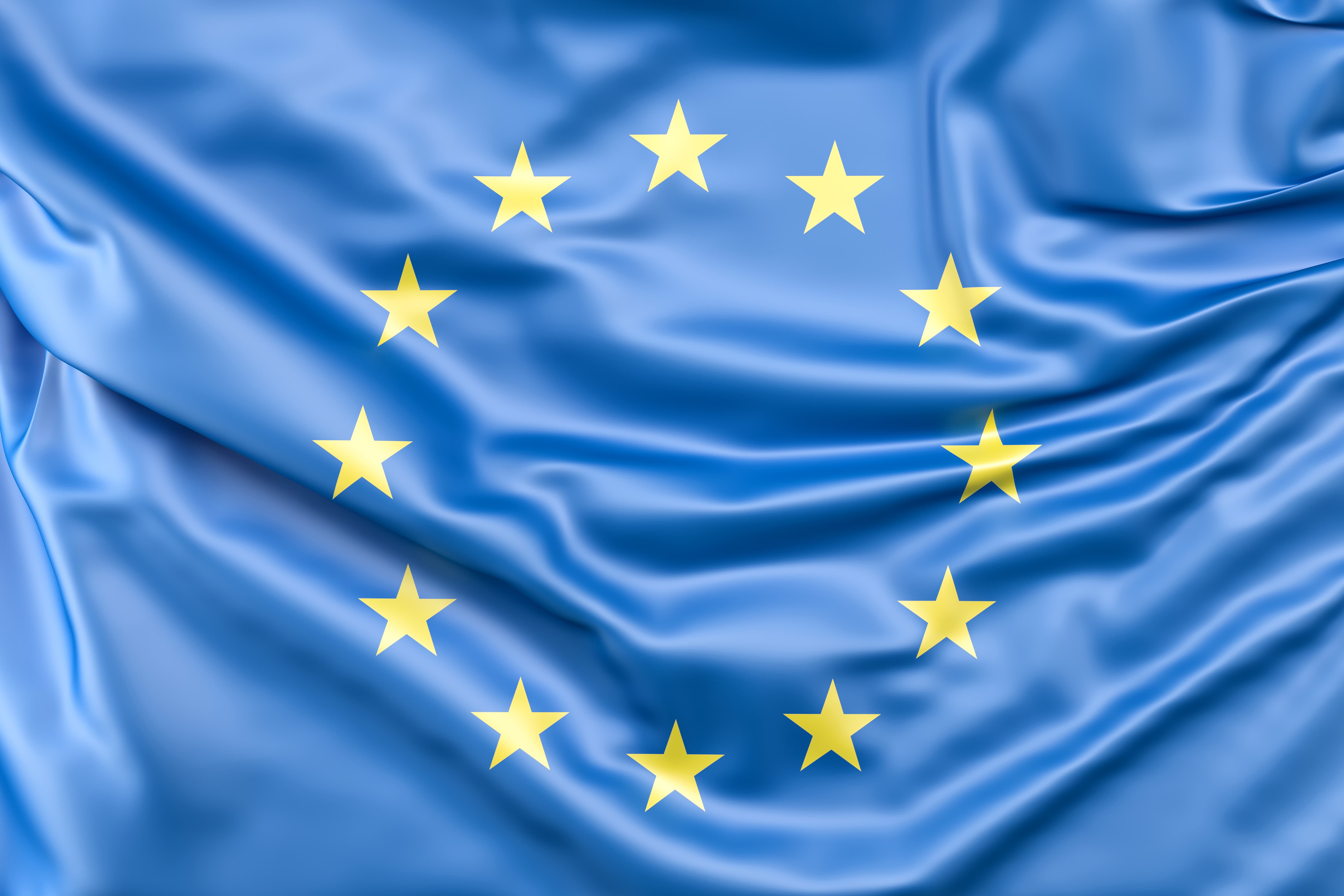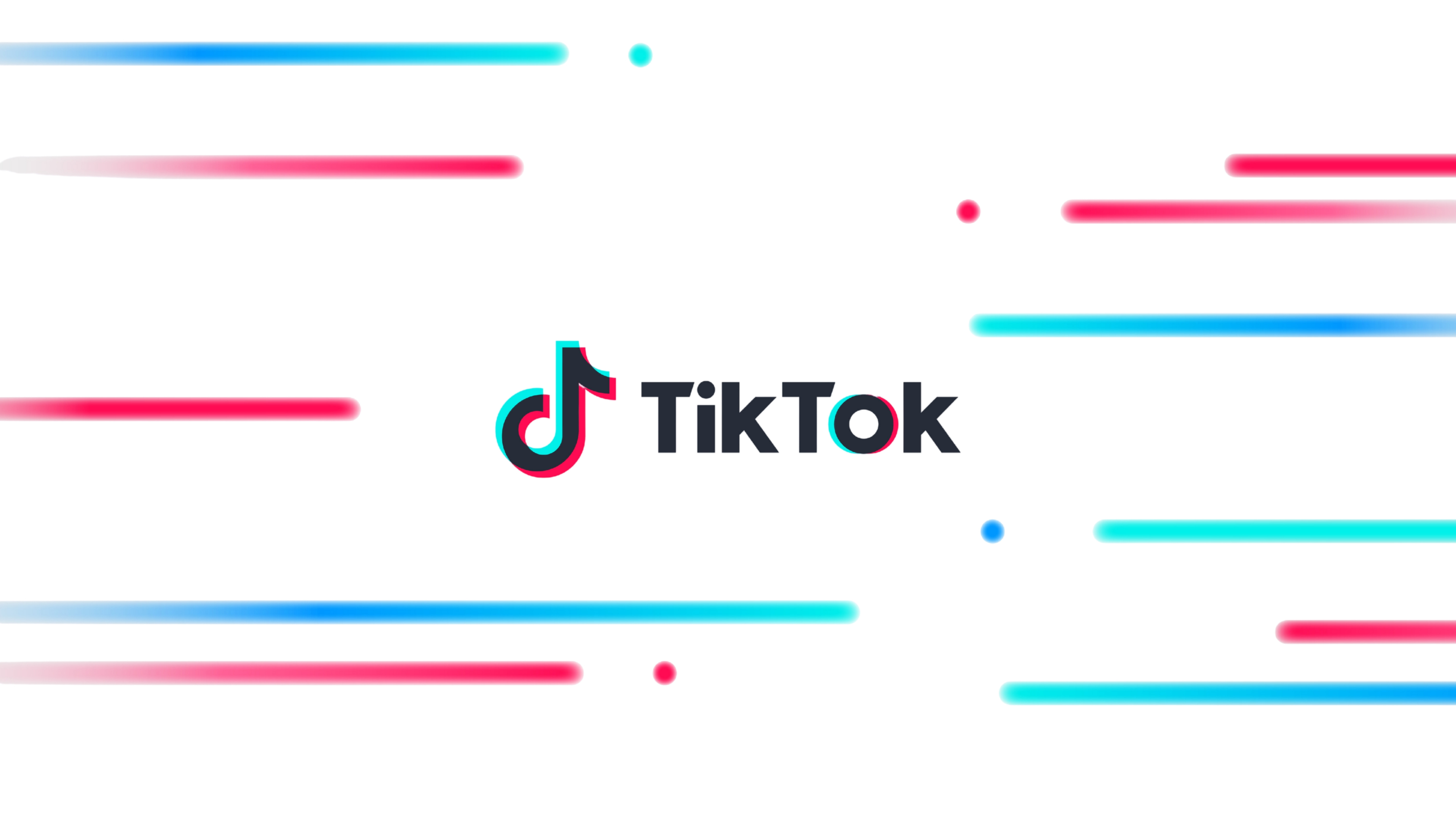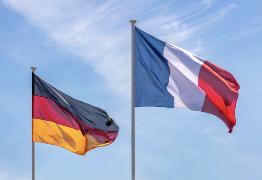The ambitions of the EU to streamline telecom rules are facing fresh uncertainty after a Commission document indicated that the Digital Networks Act may create more administrative demands for national regulators instead of easing their workload.
The plan to simplify long-standing procedures risks becoming more complex as officials examine the impact on oversight bodies.
Concerns are growing among telecom authorities and BEREC, which may need to adjust to new reporting duties and heightened scrutiny. The additional requirements could limit regulators’ ability to respond quickly to national needs.
Policymakers hoped the new framework would reduce bureaucracy and modernise the sector. The emerging assessment now suggests that greater coordination at the EU level may introduce extra layers of compliance at a time when regulators seek clarity and flexibility.
The debate has intensified as governments push for faster network deployment and more predictable governance. The prospect of heavier administrative tasks could slow progress rather than deliver the streamlined system originally promised.
Would you like to learn more about AI, tech and digital diplomacy? If so, ask our Diplo chatbot!










